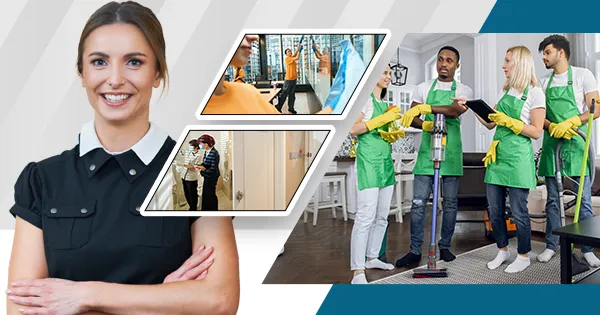A hotel’s reputation often depends on its housekeeping department. Cleanliness and comfort are among the first things guests notice, making housekeeping one of the most crucial elements in hospitality management.
The Role of Housekeeping in Guest Satisfaction
Housekeeping ensures that rooms, common areas, and facilities are spotless. This attention to detail creates a welcoming environment and leaves a lasting impression on guests.
Professional Cleaning Support for Hotels
Many hotels rely on expert commercial cleaning services to maintain consistent hygiene across large facilities. This support allows housekeeping teams to focus on guest-specific needs while ensuring overall cleanliness.
Specialist Services for a Higher Standard
Beyond daily upkeep, hotels often require specialist cleaning to tackle tasks such as upholstery care, high-level cleaning, or deep sanitation of sensitive areas. These services enhance the housekeeping department’s ability to deliver exceptional results.
Conclusion
The success of a hotel housekeeping department lies in its ability to combine everyday cleaning with professional support. With the right balance, hotels can maintain impeccable standards that keep guests coming back.


